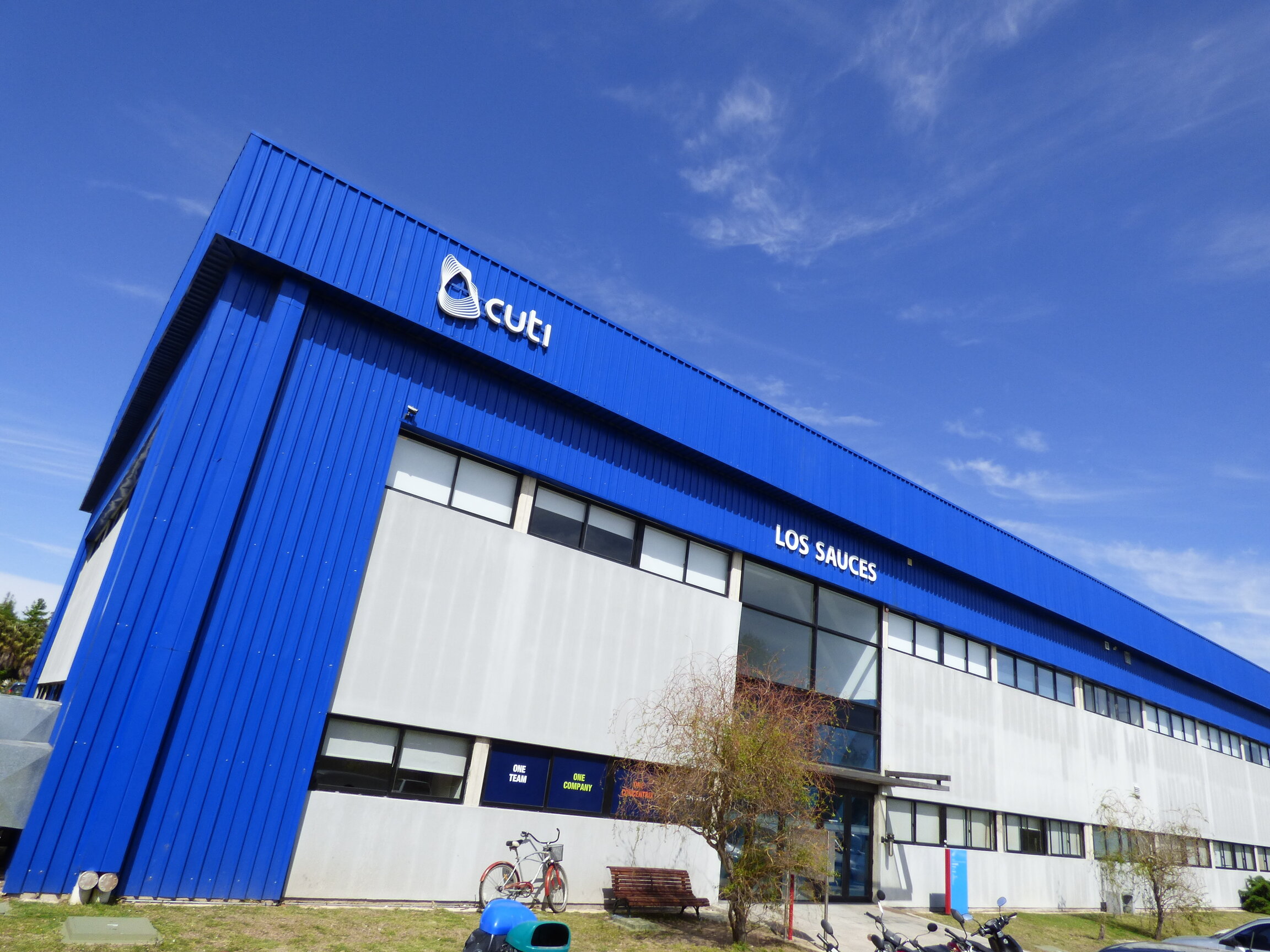
How Uruguay is helping set the standard for Latinx business owners to beat the tech shortage
Dubbed the “Silicon Valley of South America,” Uruguay can be a key piece to helping the U.S. survive and thrive in the 21st century workforce.
Over the past five years, tech and science jobs in the United States have outnumbered qualified workers by roughly 3 million.
At this rate, the next decade could see a global shortage of more than 85 million tech workers, representing $8.5 trillion in lost annual revenue.
In the U.S., that number can be 6 million workers.
With the future of many companies becoming more increasingly tied to the strength, diversity and competency of its tech talent and partners, that shortage could have many consequences.
As the Latinx community continues to represent a significant and growing percentage of both the U.S. workforce and the country’s business owners, they are shaping up to be a major force in the future of the economy.
With the tech shortage concerns afloat, one Latin American country could be key in helping business owners in the U.S. and worldwide beat this dilemma.
Uruguay is a prominent country in South America; the second-richest and most prosperous country in the continent.
In addition, the country is a dynamic hotbed of innovation and home to some of the best tech talent in the world, generating $1.5 billion in tech exports per year.
This is what earned Uruguay the nickname, “The Silicon Valley of South America.”
A key to that success is Camara Uruguaya de Tecnologías de la Información (The Uruguayan Chamber of Information Technology, or CUTI), a nonprofit organization that helps drive the development and growth of Uruguay’s tech industry.
“We work in different international markets around the world,” said Leonardo Loureiro, President of CUTI, in an interview with AL DÍA.
CUTI currently represents nearly 400 companies that sell products and services to more than 50 markets across 5 continents, generating 3.4% of Uruguay’s GDP and more than 15,000 jobs.
As of 2019, the United States accounted for 65% of Uruguay’s tech revenue, making the U.S. a critical supporter of Uruguay’s booming tech workforce.

Uruguay is also the largest software exporter per capita in South America, with 70% of it going to the U.S.
In June 2021, CUTI launched a new initiative, Test Uruguay, an invitation to test business ideas in Uruguay before scaling them regionally or globally.
“Uruguayans are recognized as excellent entrepreneurs and professionals,” said Loureiro.
Beyond that, Test Uruguay invites entrepreneurship, innovation and opportunity for all in a country that has held those principles for over a century.
“This is a country that has welcomed foreign people and companies since our foundation,” Loureiro added.
RELATED CONTENT
Currently representing 17.6% of the nation’s workforce, and on track to become 28% of the total U.S. population by 2060, Latinos are a critical component of the country’s post-COVID economic rebuilding efforts.
As a result, Latinos must be equipped with the necessary skills to both enter into the workforce, and keep up with the current landscape.
However, some challenges and disparities persist, such as gaining access to capital, acquiring wealth, obtaining digital literacy.
According to a study from the National Skills Coalition, Latinos account for 35% of workers with no digital skills and 20% of those with limited skills. These are both major overrepresentations of the Latino population and workforce.
As technology becomes more prevalent and integral to all aspects of the everyday workforce both within and outside the tech industry, digital literacy becomes paramount.
Therefore, qualified talent needs to be equipped with the digital and technical skills needed to maximize that talent to today’s workforce.
“Knowledge is important, but the most important is the dexterity of this knowledge because it’s important to know how to use this knowledge,” said Loureiro.
For the U.S. to take advantage of both the tech industry and the value of Latino talent, the relationship with Uruguay can go a long way.

With an estimated 4.65 million Latino-owned businesses in the U.S., there is a lot of available opportunities to tap into.
Uruguay’s progressive, easy-going culture and multilingual workers can play a big role in helping address the tech shortage. A partnership with Uruguay and other thriving tech hubs can offer a great deal of long-term benefits.
By tapping into resources abroad, U.S. Latino businesses can expand their teams with skilled and talented workers who can ensure these existing businesses can continue to succeed in the 21st century workforce.











LEAVE A COMMENT: